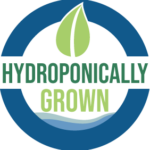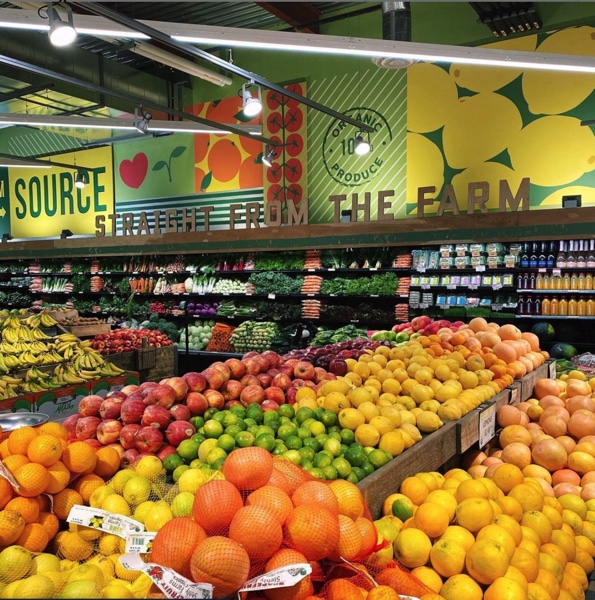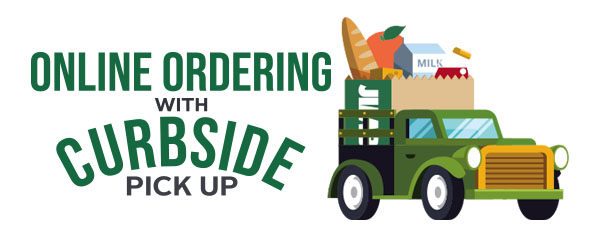We pride ourselves in carrying one of the largest selections of organic produce in the country. We’re all about living a life full of color, and for us that’s with a fresh head of organic lettuce, hand-picked organic strawberries or seasonal organic apricots.
Cultivating long-lasting and loyal relationships with our farmers has always been a top priority. Sharing the same views and cherishing the same values. Jimbo’s is committed to supporting local organic farmers and ethical, organic growing practices.
We are devoted to providing our community with organic produce that is fresh, full of flavor and at the peak of it’s season, in some cases being picked and delivered to our stores all in the same day!
Certified Organic produce means that the crops are grown without synthetic fertilizers, pesticides, fungicides, or herbicides. Certified Organic farms are regularly verified by a recognized, independent third party.
Jimbo’s definition of local is from within San Diego County, delivered from farm to store! Look for this symbol in our produce department to support your local organic farmer. If you’d like to learn more about the local farmers and businesses we support, please visit our Support San Diego page.
Hydroponic Production
Since first opening its doors in 1984, Jimbo’s has been committed to supporting organic farms. In 2018, Jimbo’s took the step in converting our mostly organic produce departments to being 100% ORGANIC all of the time.
In the organic community, there has been controversy over whether hydroponic and container growing practices should be allowed to receive USDA Organic certification as those crops are grown in a soil-less environment.
Many organic growers and consumers believe that organic cultivation must take place in soil working in symbiosis between farmer and the land. Organic, by law, depicts a way of ecological farming that fosters biodiversity to control pests, cycle nutrients, attract natural insect pollinators and predators, protect animal welfare, and build fertility by capturing carbon and incorporating organic matter into the soil. Many opponents also argue that allowing “soil-less” systems would be contrary to the spirit and intention of the Organic Foods Production Act, which was itself the product of an agricultural movement that stressed improving the ecological health of soil as a means of producing environmentally sustainable, healthy food.
Proponents of hydroponics assert that properly designed hydroponic operations conserve natural resources and minimize negative environmental impacts in a way that is consistent with the spirit and intention of the Organic Foods Production Act.
The current position from the National Organic Program (NOP) is that certification of hydroponic production systems is allowed as long as the producer can demonstrate compliance with the organic regulations. There are certified organic hydroponic operations inside and outside of the United States that are certified by USDA accredited certifying agents based on the current regulations and the operation’s organic system plan.
While Jimbo’s supports the USDA Organic standards, we feel that our customers have the right to know which products may have been grown using hydroponic and container grown methods. In 2023, Jimbo’s took the step in labeling all items in our Produce department that are grown hydroponically. At this time, there is a lack of information available to label all container grown crops.
Below is a list of producers that are known to use hydroponic and or container growing practices in the production of their crops which we share with you so you can make an informed decision.











